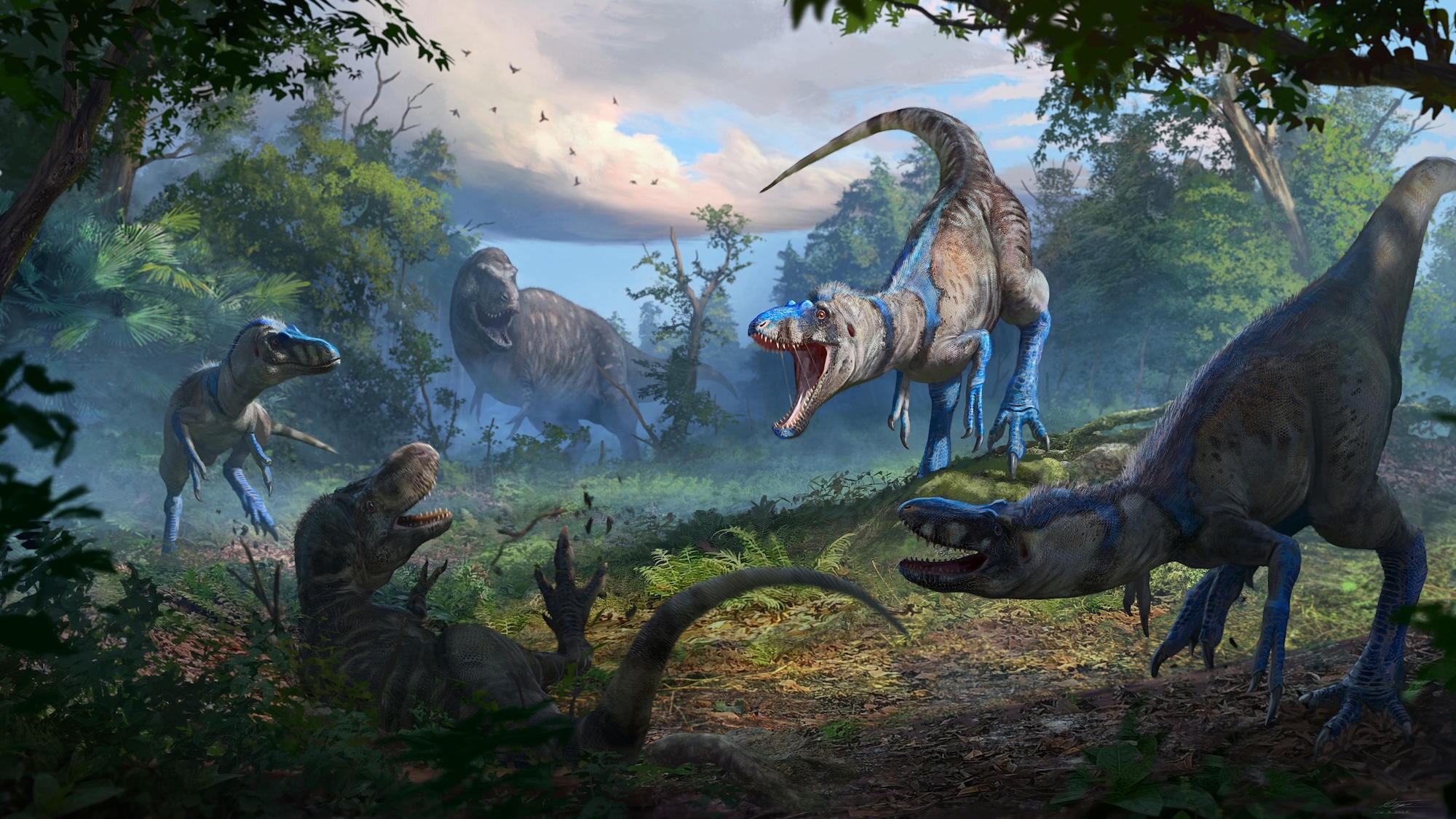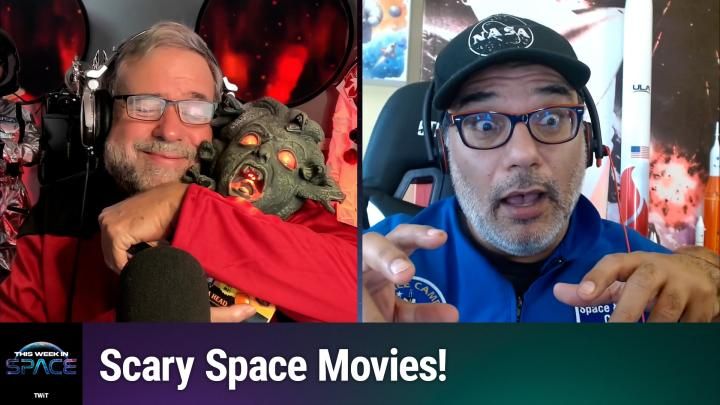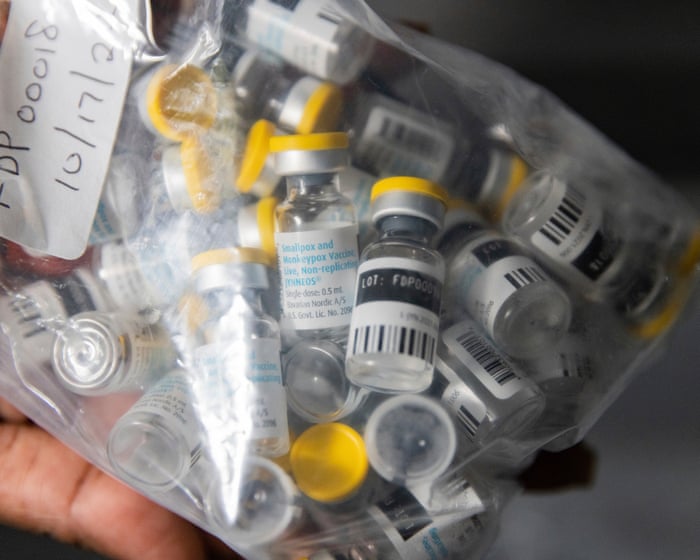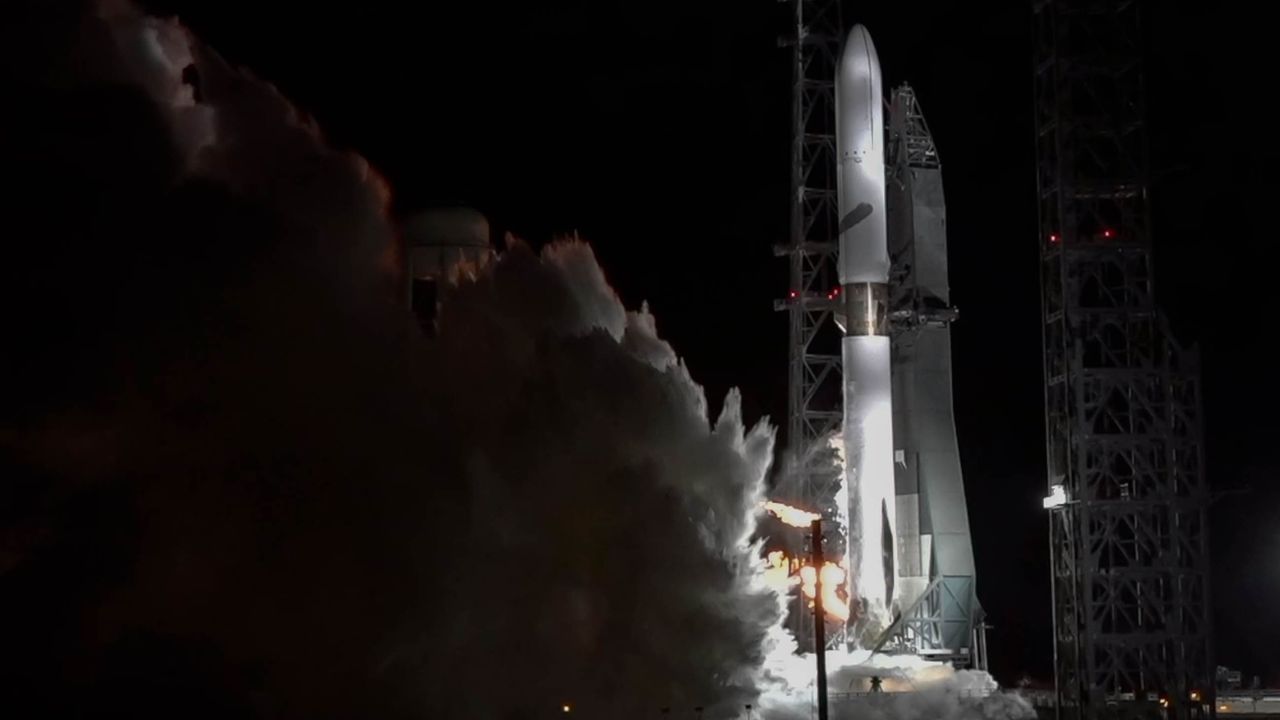Science news this week: Solar revelations as irradiated Comet 3I/ATLAS rapidly brightens, a tiny tyrannosaur prompts T. rex rethink, and the unexpected perks of cussing out your chatbot
PositiveScience
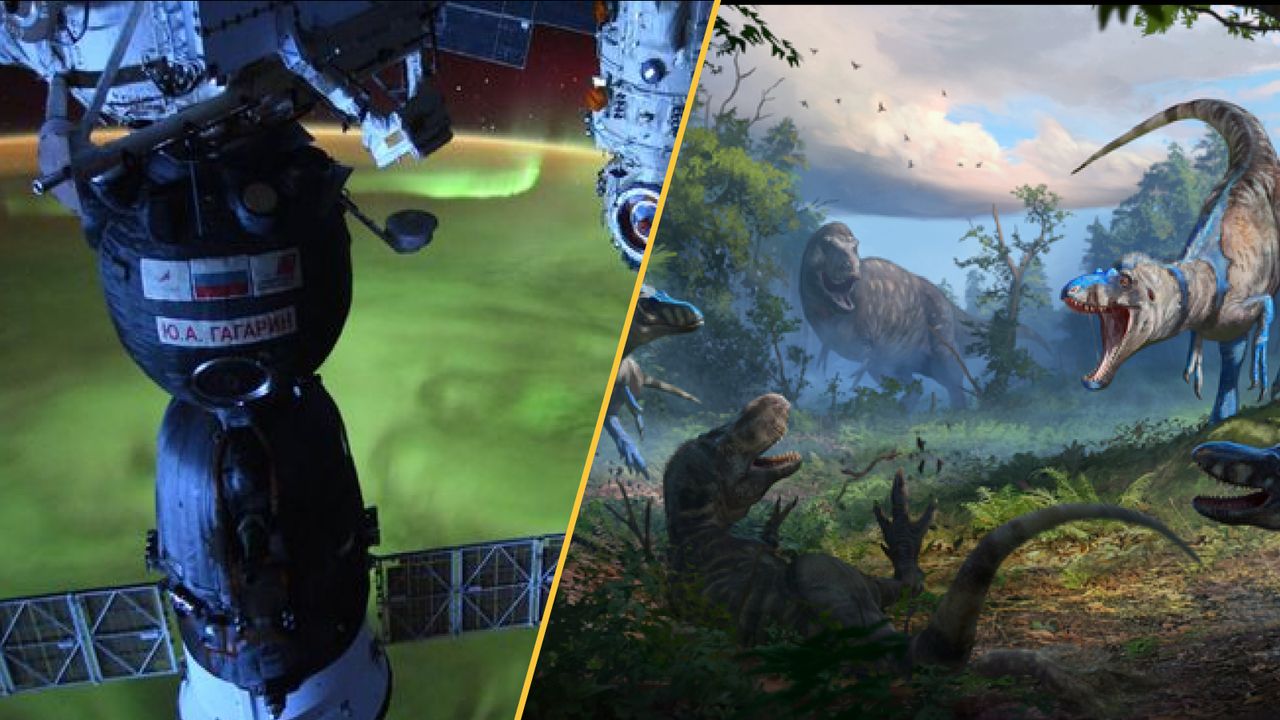
This week in science news, we explore the rapid brightening of Comet 3I/ATLAS, which has captivated astronomers and skywatchers alike. Additionally, a newly discovered tiny tyrannosaur is prompting scientists to rethink what we know about T. rex, shedding light on the evolution of these magnificent creatures. Lastly, researchers are uncovering the unexpected benefits of expressing frustration towards chatbots, suggesting that our interactions with technology can be more nuanced than we thought. These stories not only highlight exciting developments in science but also encourage us to engage with the world around us in new ways.
— Curated by the World Pulse Now AI Editorial System
